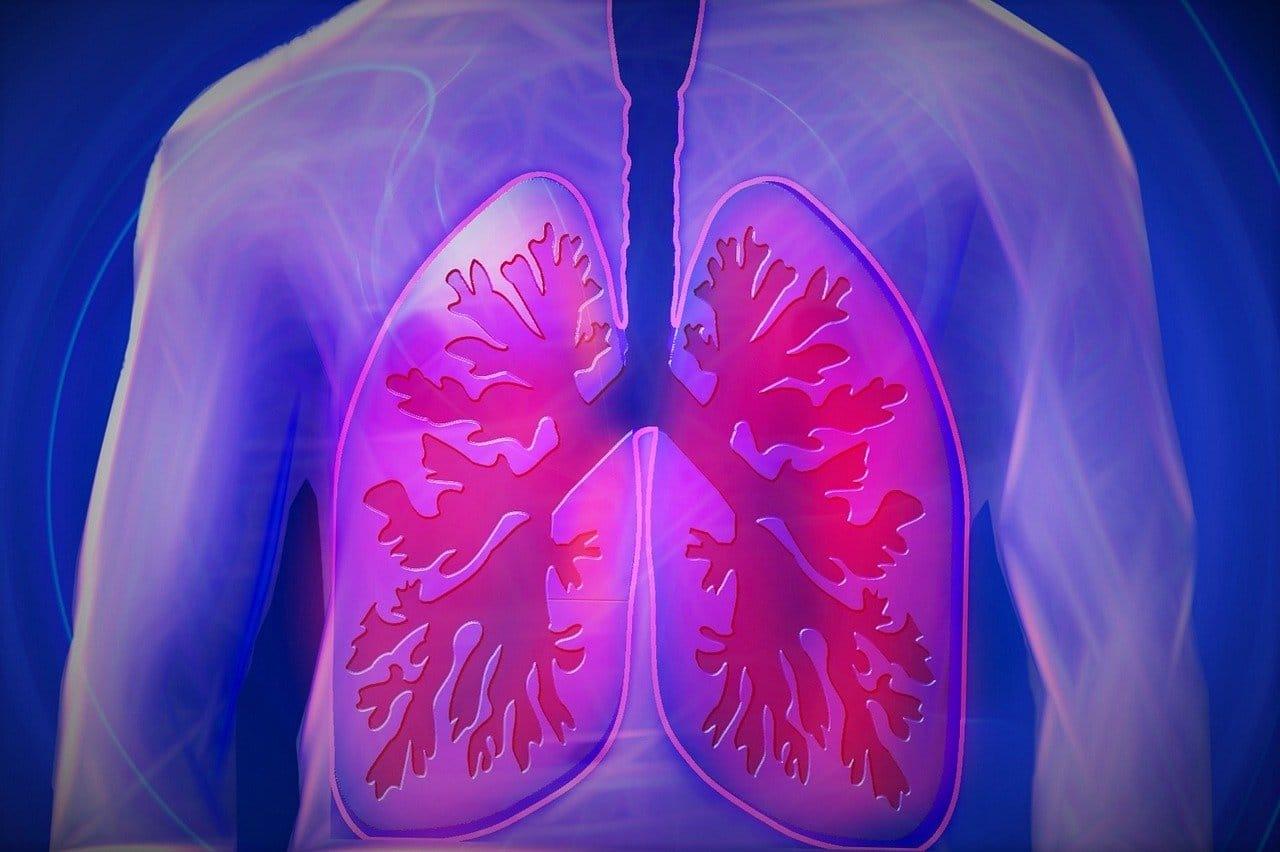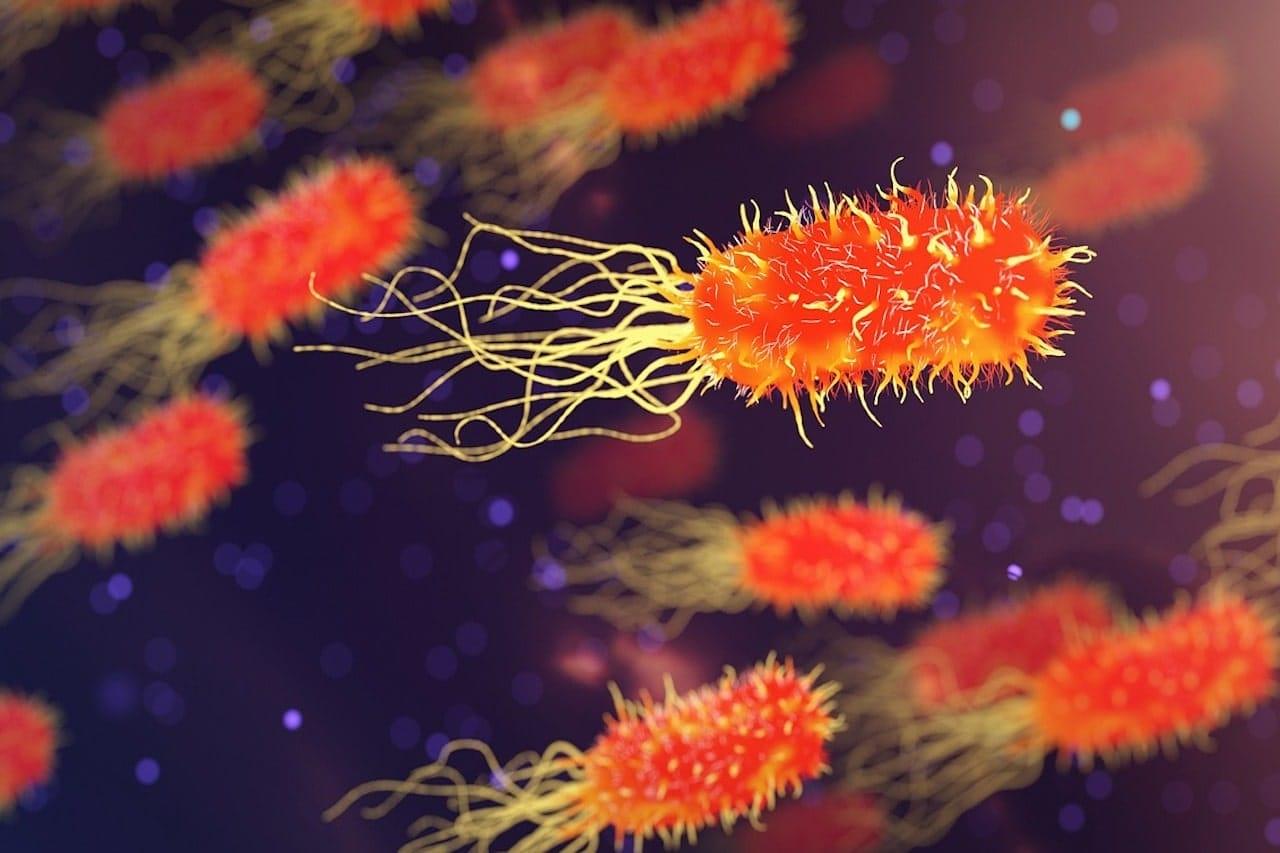Chemotherapy or chemo is a treatment for cancer or rather a series of treatment and medication taken or injected into the bloodstream in order to reduce the chances or insure that the tumor does not reoccur again, which in turn cures the cancer. This is used for patients that have been diagnosed at an early stage of the cancer before the cancer cells spread too far to the point of almost no return. Chemotherapy is also used for patients that have been diagnosed even when the cancer has advanced and it is most likely incurable, meaning that surgery would not be helpful in removing the tumor. In this case the chemo is used in order to help the patient live a relatively normal life, or to extend their lifespan that would’ve been otherwise shortened due to the fast spreading rate of the cancer cells.
Chemotherapy is often used in treatment of patients with cancer. Cancer is when cancerous cells divide and spread themselves at a rapid pace in the body of a person, and this rapid unhindered growth destroys all the healthy cells that are in its way. That is not a good thing, for functions that those healthy cells serve the body would be stopped. Chemotherapy is used to destroy these cancerous cells in order to get the body back in working order.
Chemotherapy is a complicated process that can be influenced by a lot of factors. The level of the treatment can be influenced greatly by how far the cancer has advanced or is advancing. There are over 100 types of cancers and the chemo does not have the same level of impact on all types of cancers. The method of chemo that is used depends on the type of cancer, how far it has advanced, if the patient has had a previous medication of a certain drug, prior history of chemotherapy that the patient might have had, and any medical conditions that the patient could have. In some cases the chemo might not have any effect or very little effect on the cancer cells, which may need the patient to change to a different medication for better effectiveness. These and so many other things are to be considered before taking the final decision on whether or not you should go along with a chemotherapy treatment. In this article I will be listing a couple of very important things you should be aware of, the advantages and disadvantages of chemotherapy so that it may help you or someone else make a final decision.
Advantages of chemotherapy
Potential to cure cancer
One of the first pros you would think of when talking about chemotherapy is the fact that it has the potential to cure cancer. This is possible especially when it is diagnosed at an early stage of the cancer. First the tumor is removed using surgery then chemo is used to prevent the further growth of the cancer cells, and at certain times this could completely cure the cancer and save a person’s life.
Tendency to extend patient’s life span
Chemotherapy even when it fails to completely eradicate the cancer, it would help in extending a person’s life span that would have been otherwise reduced. Not only that but it may help the effects of cancer be lessened, which will in turn make the rest of the person’s life mostly comfortable and bearable.
Disadvantages of chemotherapy
May not be effective in all circumstances
One of the cons of chemotherapy is that it may not be effective to some people. This is because chemotherapy is a complicated process that could be affected my many different factors, for example the type of cancer, medical conditions a person may have, and some much more that can hinder the chemotherapy’s effectiveness.
It’s not without side effects
Another disadvantage of chemotherapy is that it could cause some side effects. Below are a list of some of those side effects.
Fatigue: The treatment can be physically, mentally, and emotionally draining to alot of cancer patients. It may stop them from doing alot of physical tasks that they might have enjoyed engaging in prior to the diagnosis. It could last from a couple of hours to a couple of days, which I would imagine isn’t very enjoyable.
Diarrhea: This can be caused my some of the drugs taken during the chemotherapy, in cases like this it is important to drink lots of water to prevent dehydration.
Nausea and vomiting: This usually happens to people after a chemotherapy session, most of the times anti nausea medication is given to patients to take during and after the session, or whenever they feel nauseous.
Loss of appetite or taste changing: A Lot of people lose their desire to eat after chemotherapy, but as it is still important to eat, the person should try to take small meals everyday. People also say that foods that they used to enjoy start tasting strange and unenjoyable after chemo. This can help be curtailed by adding herbs and spices to your foods. Chemo can also cause mouth ulcers, the best way to treat this is by brushing your teeth with a soft toothbrush, avoiding foods that sting your mouth, rinsing your mouth with cold water after eating, and using a mouthwash that does not contain alcohol.
Loss of hair: Chemotherapy may cause one’s hair to thin or fallout completely. This is most commonly found in treating with FOLFIRINOX or nab-paclitaxel. Using baby shampoo and letting the hair to dry naturally can help lessen the amount of damage.
Peripheral neuropathy: This is when you feel numbness on your fingers and toes, for some people it gets better after treatment, but for some others it gets worse or never goes away. People often say it worsens in cold weather, so to help with that it is best to wear gloves, warm clothes, and to avoid eating cold foods or taking cold drinks.
Blood clot: A person is more at risk of getting a blood clot if they have pancreatic cancer and are using chemo to treat it. Blood clots clog the veins which blocks the passageway for blood to flow throughout the body.
Logistics of accessibility to treatment
Chemotherapy is a specialised treatment that does not happen in every hospital, so at times to get the treatment required one would need to go to another hospital and oftentimes travel to another city or even country to get the treatment they require which can cause a great deal of a hassle.
In very rare cases could lead to dead
This is a very rare but important thing to mention. According to new research (Lombardo, 2015), Chemotherapy therapy can cause or lead to the death of a patient, there are cases where people have not been able to endure treatment of chemo and as a result have died. Though it is important to mention that chemo can be sometimes ineffective in curing cancer but it does not raise or increase the growth of the cancer cells, for people often have misconceptions of this.
Possibility of interference with other medications
There are times where chemotherapy can interfere with multiple medications for some other sickness a patient may be taking. Some examples are medication for diabetes, chronic cardiac illnesses, and a ton of others. This isn’t exactly favourable for it can cause many different side effects, so proper care must be taken before and whilst on the chemo treatment.
One common side effect of chemo is that it may cause a sort of a temporary brain fog that usually occurs after treatment. This could lead to the patient not remembering certain things, such as names of friends and family, and other things such as temporary clogging or fogging of cognitive senses.
Regular checkup and going to the doctor routinely can be very tiring and time consuming for alot of people, and that’s one of the things many people do not enjoy about undergoing the chemotherapy treatment. The treatment in it self may take weeks or months to be completed, and for some patients the entire course of their treatment is spent in the hospital.
After chemotherapy a list of problems could come about, such as heart problems, kidney problems, lung tissue damage, nerve damage, and infertility (Guha, 2019).
Cost of treatment
One of the major issues with chemotherapy is the cost. The cost of travelling if needed, such as in cases where the hospital near to your house or in your city/town/village does not offer chemotherapy treatments, you would need to travel to another city or even country and get a place to stay there, or if you cannot you’d need to travel back and forth until the treatment is over. The cost of the treatment in it self is also very costly often times unbearable to the patient or family of the patient.
Disruption of regular life activities
The last disadvantage to be mentioned is that the daily lives of the patients may be effected. Eating and drinking would not be enjoyable, exercising or really any physical activity, and sometimes even sleeping would become uncomfortable whilst and after undergoing chemo.
Chemotherapy has increased the chances of cancer survival rate greatly in the last century, that is something that should not be ignored. The treatment has come a long way as well, technology and science has helped alot in making that possible, one of the things is that it is no longer as painful as it used to be, and it is definitely more effective. At the end of the day it is up to you to decide, with the help of all the pros and cons I have mentioned in this article, and of course by seeking the advice of a medical professional, whether you want to make the step in approving the treatment for yourself. I hope that this article has helped in making it easier to understand and in making a final decision.
References
Chemotherapy – Benefits and disadvantages of chemotherapy. (n.d.). Retrieved 30 January 2023
Guha, (2019, May 27) What are the advantages and disadvantages cancer chemotherapy? In Beauty & Health Tips. Retrieved 30 January 2023
Lombardo, C. (2015, July 14). 13 Pros and Cons of Chemotherapy – HRF. HRF. Retrieved 30 January 2023
Pancreatic Cancer UK. (2022, August 24). Side effects of chemotherapy. Retrieved 30 January 2023
Patel, N. (2017, December 26). What are the Advantages & Disadvantages of chemotherapy treatment? Medium. Retrieved 30 January 2023



